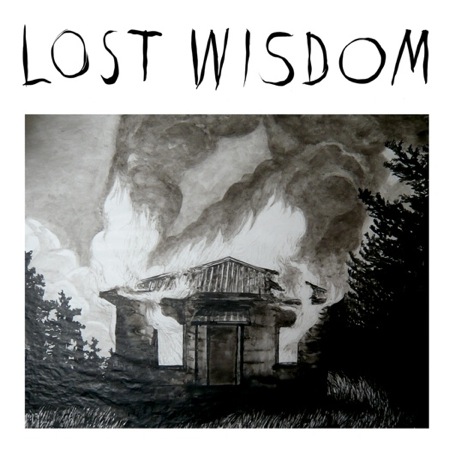
I think that there is a certain myth surrounding the hip hop genre, tying it inherently to the American-African musical traditions. While in reality, this is not out of the ball park, or even very far off base, I think that the European influence on the entire style of music is often overlooked, or at least marginalized. After all, we need only look at certain staples of hip hop--take cuts like "Planet Rock" by Afrika Bambataa, for example--to see that krautrock bands like Kraftwerk were contributing at the very least samples to the beat-making process. But beyond the samples themselves, the stylistic tendencies should also here be noted: use of frequent repetition, often-monotonal harmonics (i.e. the act of actually rapping itself; essentially a melody-less vocalization), as well as extended uses of pedal tones and elongated forms. These contributions in my mind are at least as important as those of the American R&B, jazz, and Afro-beat stylings that also play such a significant role.
With this in mind, it becomes much easier to look at a collaboration between Dutch beat-smith, Nicolay, and American rapper Phonte. In a way, a pairing like this seems not only inevitable, but almost inborn and natural - and the duo truly make it sound and feel this way throughout their debut record, Connected - an elegant and lush album with smooth and soothing textures, and even smoother rhymes. But where most hip hop albums seem to fuse its various influences into one cohesive notion of a "styling," (we call it "hip hop".. not "kraut-R&B" or something ridiculous like that), Connected, while being truly seamless and tightly wound, has its divisions fairly visible as well. The album, after all, was made possible by our wonderful friend the internet - Nicolay relaying his beats through cyberspace for Phonte to rap on, and subsequently return for mixing and further editing, etc., until wa-la! And the details of these differences are really what make this an interesting record - one that deserves several spins for sure. We have here, for example, a wonderful array of roomy synths, warm Wurlitzer and Rhodes chords that lay a fuzzy carpet for the beats to relax into - reminiscent perhaps of Air's Moon Safari. Then of course, vocally, we hear the American R&B traditions shining through with male/female choruses chiming in to outline a common formal structure we hear in hip hop contemporaries like Kanye West or Common.
Hip hop's insistence on the consistent reference to its own past is another element of the style that is beginning to feel cliched, and this is another strong point of Connected - a record that appears more focused on its current moment than the past. This reliance on self-history is often clearly notable in the proliferation of sample-use: older music is the actual, factual basis for whatever may be coming out. Nicolay's use of the sample is at least much less obvious and more subdued - only a couple of times are we offered a pop or crackle of vinyl through the headphones on the entire record. And when sampling is most apparent, it's interesting to hear its sources coming from, you guessed it, European music. "Let's Move," for example begins with a lovely woodwind loop that sounds right out of "Peter and the Wolf," followed shortly by a stately horn melody that could have been a part of Gustav Holtz's famous epic, "The Planets."
For the most part, though, Nicolay's music, as a composer of his own work, is the focus, and his ideas are remarkable, fun, and sound effortless. A Track like "Von Sees" offers an early example of beat-experimentation on the part of producer Nicolay, where the backbeat is edged slightly to the front of beats two and four, thus morphing the groove a lilted, rolling-triplet feel. This kind of augmentation draws you further into the beat while obstructing our notions of what a "normal" hip hop groove feels like, all without sacrificing its nod-factor in the least.
The most impressive feature of the album, and indeed the one for which the record draws its' own namesake, is obviously the extremely long-distance limitations the two members found themselves in when constructing this music. Technology has indeed "connected" their styles, birthing an excellent, definitely worth-it of a listen debut album. But this record connects much more in my head than just Nicolay and Phonte - two artists I knew absolutely nothing about before approaching the music. Connected feels like an album that is connecting different dots than the common hip hop or rap record, and for this reason more than any other does it really warrant repeated spins. This feels like just the hip hop you want to hear in just the right places, each and every time.




